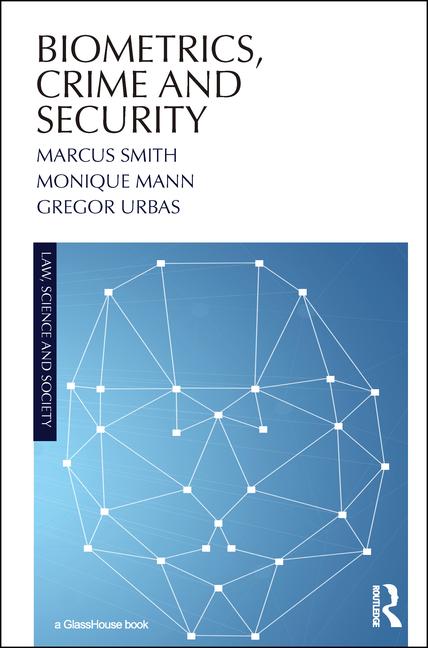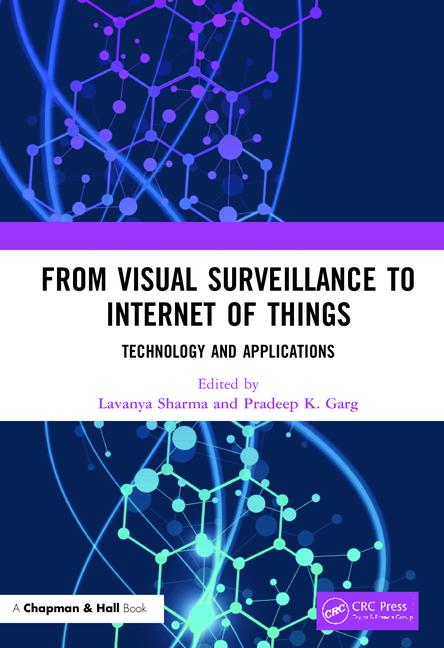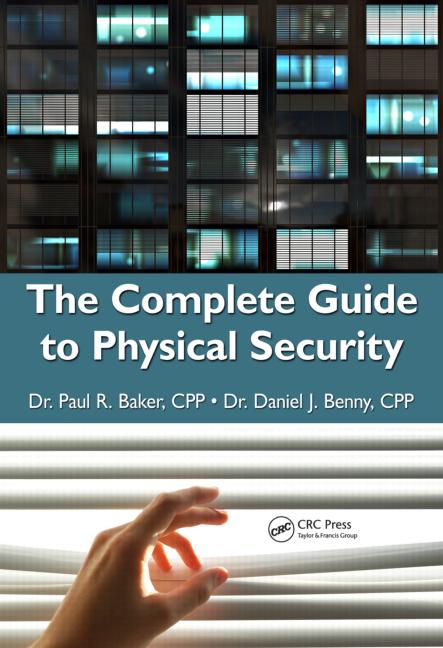That was the question facing Mike Kielbasa, security division manager at the Chicago-based MidCo Inc., when a controversial religious organization wanted an access control system for their two main Chicago facilities. They were worried about compromised security if an ID tag for a traditional, card-based system was lost or stolen.
“We ended up going with biometrics,� Kielbasa said. He planned and installed a system of fingerprint readers, one at each door, in each building. One of the buildings is a high-rise office building, about 400,000 square feet. The other is a 15,000-square-foot school. Kielbasa chose a Lenel system and MidCo installed about 100 Bioscript V-Station readers in the main building and 50 more in the educational center. The system also includes Bose Phillips video cameras and Lenel recorders as part of the Lenel OnGuard digital recording system.
The nine-month installation process went smoothly, but the aftermath was more challenging. Most biometric systems are made for a small group of people with sophisticated access control needs. These facilities, on the other hand, handle about 1,000 people on a given day, with plans to increase their numbers to 5,000. Each user has to enter a pin number, which calls up his or her template and then places a finger on the reader to open the door.
“There is a lot of room for user error. As we were enrolling people we had to show them how to use it. We also made sure the supervisor would know how to re-train people,� he said.
The other challenge became the variation in people’s hands.
“Everybody’s fingerprints have different depths to them. Some have real depth; others are worn down from rough work. The computer compensates and you just try to get the best finger that you can,� he said.
The large amount of people traffic made the Lenel system the only one that made sense, Kielbasa said, because it stores all the templates in the field reader, allowing it to store many more end users.
“The Lenel system can handle thousands and thousands of people,� he said. He also said the Lenel system is good at integrating all the different aspects of the system, from the cameras to the readers, smoothly, since it doesn’t use third party equipment.
The fact that the Lenel system is an enterprise system also fit nicely with the needs of this customer, Kielbasa said. The religious organization has 42 more location in the Chicago area, with more locations planned for the future. The other locations are much smaller, only requiring one or two readers. MidCo is currently in the process of securing the other locations.


